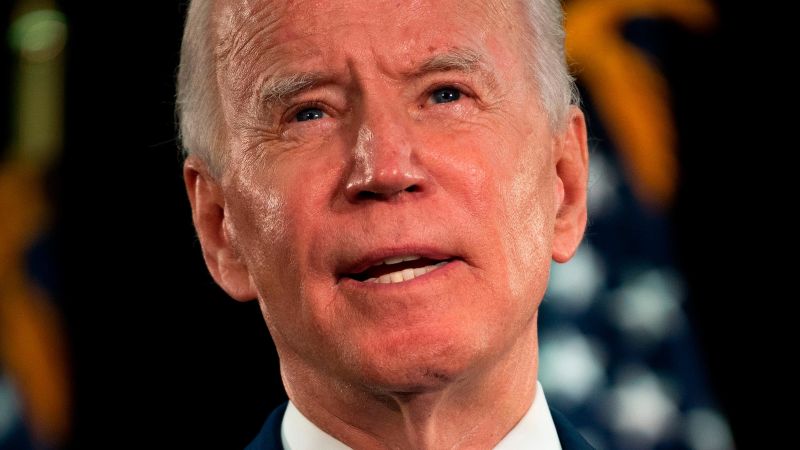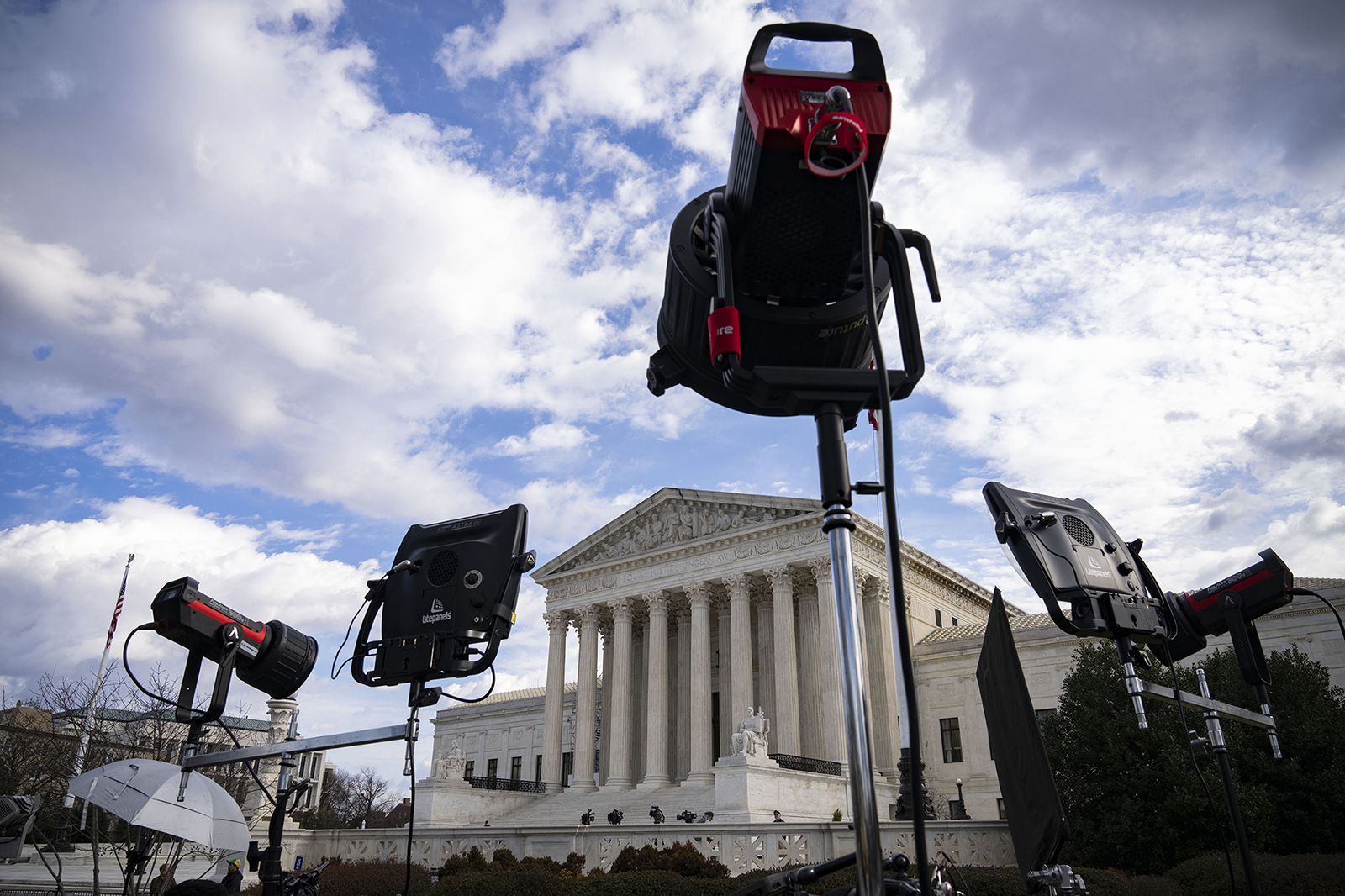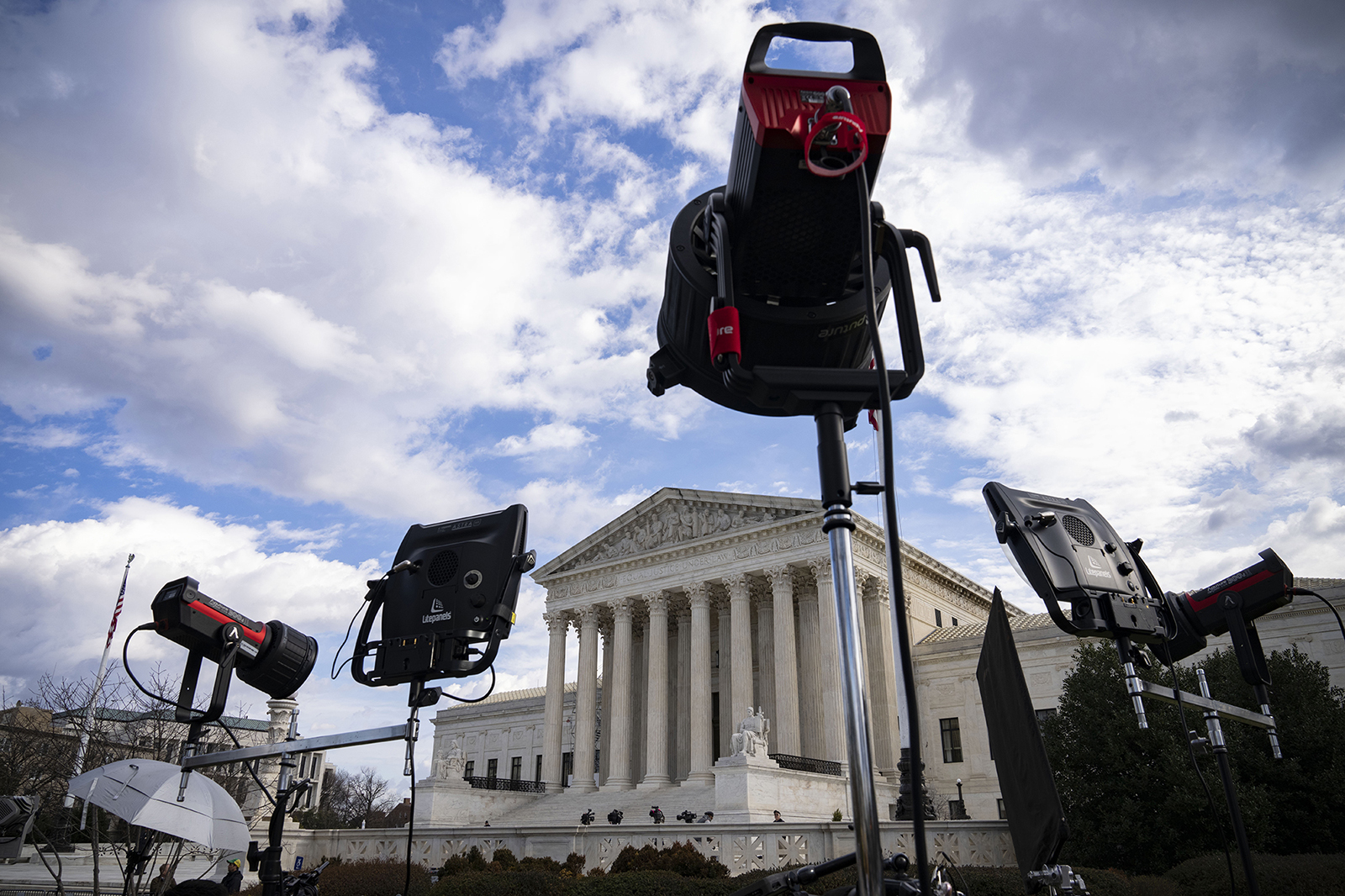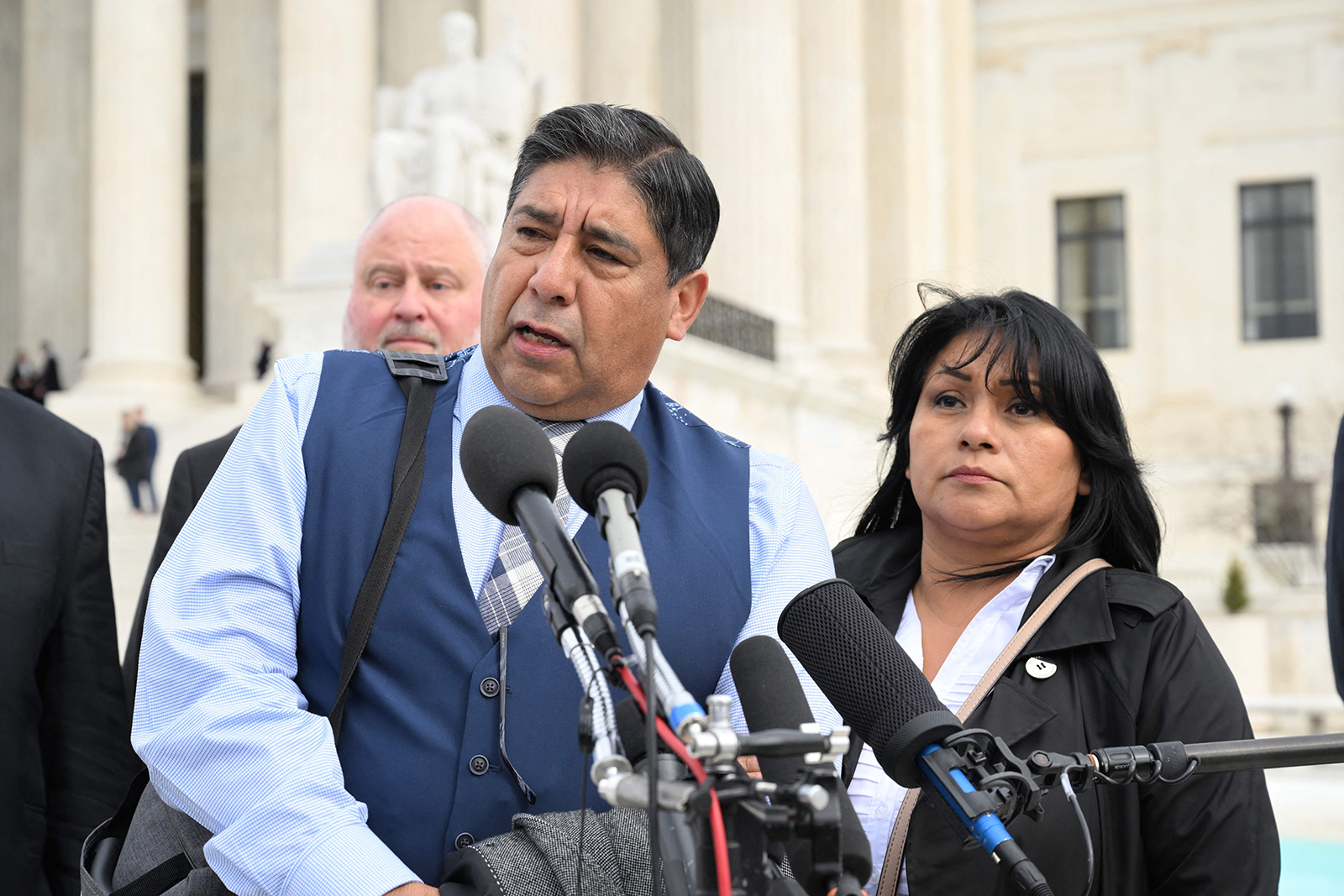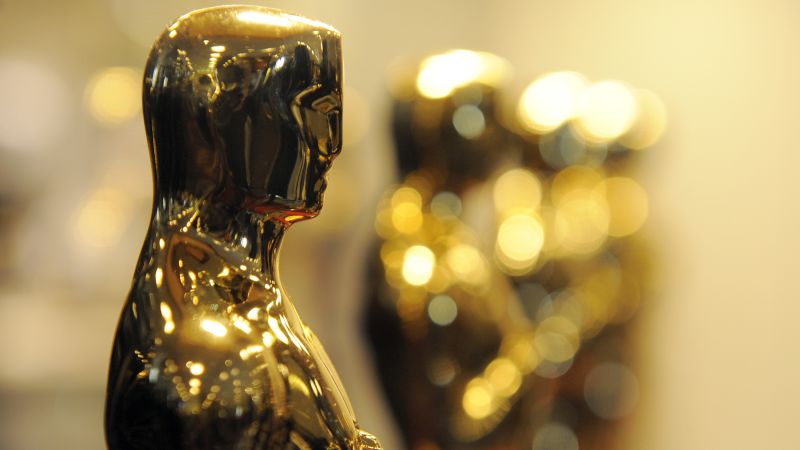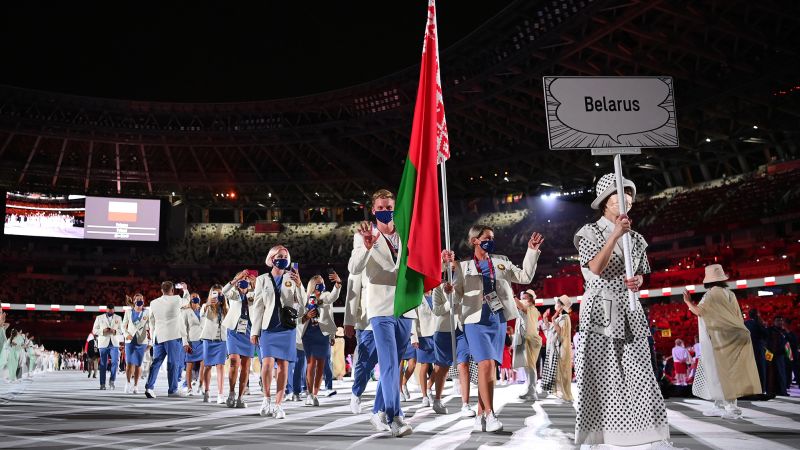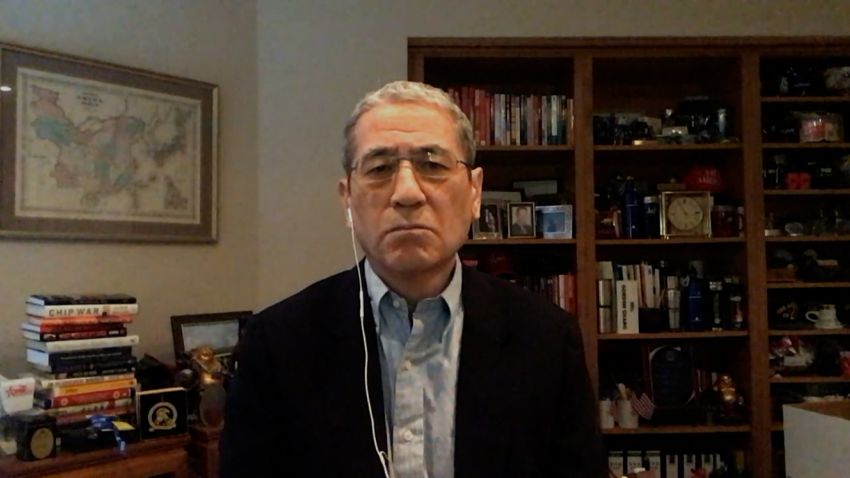Here is a look at the life of US President Joe Biden.
Birth date: November 20, 1942
Birth place: Scranton, Pennsylvania
Birth name: Joseph Robinette Biden Jr.
Father: Joseph Robinette Biden Sr., car salesman
Mother: Catherine Eugenia (Finnegan) Biden
Marriages: Jill (Jacobs) Biden (June 17, 1977-present); Neilia (Hunter) Biden (August 27, 1966-December 18, 1972, her death)
Children: with Jill Biden: Ashley; with Neilia Biden: Naomi Christina, Robert Hunter, Joseph Robinette “Beau” III
Education: University of Delaware, B.A., 1965; Syracuse University Law School, J.D., 1968
Religion: Roman Catholic
Had a stuttering problem as a child.
Biden’s son, Beau Biden, was the attorney general of Delaware.
Delaware’s longest serving senator.
1968-1970 – Defense attorney for criminal cases in Wilmington, Delaware.
1970-1972 – Serves on the New Castle County Council in Delaware.
1972 – Is first elected to the Senate at age 29, defeating Republican Senator J. Caleb Boggs. Wins reelection in 1978, 1984, 1990, 1996 and 2002.
December 18, 1972 – While Christmas shopping, Biden’s first wife, Neilia Hunter Biden, and daughter, Naomi Biden, are killed in a car accident. His sons are badly injured, but survive.
January 5, 1973 – Is sworn in as US senator of Delaware at son Beau Biden’s bedside in the hospital.
1987-1995 – Chairman of the Senate Committee on the Judiciary.
June 9, 1987 – Enters the 1988 presidential race, but drops out three months later following reports of plagiarism and false claims about his academic record.
February 1988 – Undergoes surgery to repair an aneurysm in an artery that supplies blood to the brain.
January 20, 1990 – Introduces a bill that becomes the Violence Against Women Act (VAWA). The act addresses sexual assault and domestic violence. It is signed into law by President Bill Clinton in 1994.
2001-2003 – Chairman of the Senate Foreign Relations Committee.
2002 – Votes to authorize military intervention in Iraq, but later becomes a vocal critic of the conflict.
2007-2009 – Chairman of the Senate Foreign Relations Committee.
January 31, 2007 – Files a statement of candidacy with the Federal Elections Commission to run for president.
August 1, 2007 – His memoir, “Promises to Keep: On Life and Politics,” is published.
January 3, 2008 – Announces his withdrawal from the presidential race.
August 23, 2008 – Is named the vice-presidential running mate of Barack Obama.
November 4, 2008 – Is elected vice president of the United States.
January 15, 2009 – Resigns from the US Senate.
January 20, 2009 – Is sworn in as vice president of the United States.
February 7, 2009 – Delivers his first major speech as vice president at a security conference in Germany.
September 1, 2010 – Presides over a ceremony in Iraq to formally mark the end of the US combat mission in Iraq.
November 6, 2012 – Obama and Biden are reelected, defeating Mitt Romney and Paul Ryan.
January 20, 2013 – Is sworn in for his second term as vice president of the United States.
October 2, 2014 – Speaking at the John F. Kennedy School of Government at Harvard University, Biden tells attendees that ISIS has been inadvertently strengthened by actions taken by Turkey, the UAE and other Middle Eastern allies to help opposition groups fighting against Syrian President Bashar al-Assad.
October 4, 2014 – Biden speaks by telephone with Turkish President Recep Tayyip Erdogan regarding remarks made at the John F. Kennedy School of Government. He apologizes “for any implication that Turkey or other allies and partners in the region had intentionally supplied or facilitated the growth of ISIL or other violent extremists in Syria.”
May 30, 2015 – Biden’s eldest son, Beau Biden, passes away from brain cancer at age 46.
October 21, 2015 – Says he will not seek the presidency, announcing that the window for a successful campaign “has closed.”
January 12, 2017 – Obama surprises Biden by presenting him the Presidential Medal of Freedom, the nation’s highest civilian honor, during a White House ceremony.
February 1, 2017 – Biden and his wife, Jill Biden, launch the Biden Foundation, an organization that will work on seven issues: foreign policy; Biden’s cancer initiative; community colleges and military families; protecting children; equality; ending violence against women; and strengthening the middle class.
February 7, 2017 – Is named the Benjamin Franklin presidential practice professor at the University of Pennsylvania, where he will lead the Penn Biden Center for Diplomacy and Global Engagement. He will also serve as the founding chair of the University of Delaware’s Biden Institute, the university announces.
March 1, 2017 – Biden receives the Congressional Patriot Award from the Bipartisan Policy Center. He receives the honor in recognition of his work crafting bipartisan legislation with Republicans and Democrats.
November 14, 2017 – Biden’s memoir, “Promise Me Dad: A Year of Hope, Hardship, and Purpose,” is published.
March 26, 2019 – At an event in New York, Biden says that Anita Hill “paid a terrible price” when she testified in 1991 that she had been sexually harassed by now-Supreme Court Justice Clarence Thomas, adding that he regrets he didn’t give Hill the “hearing she deserved.” As the Senate Judiciary Committee chairman at that time, Biden presided over Thomas’ confirmation hearings.
March 29, 2019 – Lucy Flores, the former Democratic nominee for lieutenant governor of Nevada, makes allegations against Biden in an essay for The Cut, an arm of New York magazine, writing that Biden made her feel “uneasy, gross, and confused” in 2014 when, at a campaign rally in Nevada, she says he kissed her on the back of the head.
March 31, 2019 – “In my many years on the campaign trail and in public life, I have offered countless handshakes, hugs, expressions of affection, support and comfort,” Biden says in a statement. “And not once – never – did I believe I acted inappropriately. If it is suggested I did so, I will listen respectfully. But it was never my intention.”
April 3, 2019 – Biden releases a video on Twitter, saying that he will be “more mindful about respecting personal space in the future.” The video comes in the wake of multiple allegations he made women feel uncomfortable in their encounters, including a woman claiming Biden made her feel uncomfortable at a 2009 Connecticut fundraiser. Two additional women, including Alexandra “Tara” Reade, also told the New York Times that Biden made them feel uneasy by the way he touched them.
April 25, 2019 – Announces he is running for president in a campaign video posted to social media. Hours later, the Biden Foundation board chair, Ted Kaufman, announces the immediate suspension of all the organization’s operations.
June 6, 2019 – Biden announces that he has changed his mind on the Hyde Amendment, dropping his long-held support for a measure that blocks federal funds for most abortions. He says his decision was driven by a wave of state laws restricting the procedure.
October 23, 2019 – Biden’s campaign signals that it is dropping its objection to the creation of an outside group to defend against attacks from President Donald Trump’s reelection campaign.
March 25, 2020 – Reade says on a podcast that Joe Biden sexually assaulted her in 1993 while she was an aide in his Senate office.
May 1, 2020 – During an interview on MSNBC’s Morning Joe, Biden denies allegations made by Reade that he sexually assaulted her, stating “I am saying unequivocally. It never, never happened, and it didn’t.” Biden’s campaign also releases a 21-paragraph statement addressing the allegations. Biden also sends a letter to the secretary of the Senate requesting the release of any documents related to a sexual assault allegation made by Reade.
August 11, 2020 – Biden, the presumptive Democratic presidential nominee, names Kamala Harris as his running mate.
November 7, 2020 – Days after the election on November 3, CNN projects Biden is elected the 46th president of the United States.
November 24, 2020 – Biden becomes the first presidential candidate to win more than 80 million votes.
November 29, 2020 – Biden’s doctor says that Biden has hairline fractures in his foot and will “likely require a walking boot for several weeks” after he slipped while playing with his dog, Major.
January 20, 2021 – Takes the oath of office from Chief Justice John Roberts during an inauguration ceremony at the Capitol and delivers an inaugural address focusing on unity. Later in the day, Biden signs 17 executive actions, including halting border wall construction, reversing the travel ban targeting largely Muslim countries, and stopping the United States’ departure from the World Health Organization.
April 14, 2021 – Biden formally announces his decision to withdraw American troops from Afghanistan before September 11, 2021.
June 27, 2021 – Biden directs military forces to conduct defensive precision airstrikes against facilities used by Iran-backed militia groups in the Iraq-Syria border region, according to a news release from the Department of Defense.
March 8, 2022 – Biden announces his administration is banning Russian oil, natural gas and coal imports to the United States in response to the Russian invasion of Ukraine.
April 4, 2022 – Biden says the atrocities allegedly committed by Russian forces in Bucha, Ukraine, are a “war crime” and calls for a trial to take place against Russian President Vladimir Putin.
July 21, 2022 – Biden tests positive for Covid-19. According to a White House statement, he is experiencing “mild symptoms,” and will take Paxlovid, Pfizer’s antiviral drug.
September 18, 2022 – In an appearance on CBS’ “60 Minutes,” Biden says he believes the Covid-19 pandemic is “over,” but acknowledges the US still has a “problem” with the virus that has killed more than 1 million Americans. The US government still designates Covid-19 a Public Health Emergency and the World Health Organization says it remains a Public Health Emergency of International Concern.
October 6, 2022 – Biden pardons all prior federal offenses of simple marijuana possession, a move that senior administration officials said would affect thousands of Americans charged with that crime.
December 13, 2022 – Biden signs into law the Respect for Marriage Act, a bill that mandates federal recognition for same-sex and interracial marriages.
January 8, 2023 – Biden visits the US-Mexico border for the first time as president.
January 12, 2023 – Attorney General Merrick Garland appoints Robert Hur to take over the investigation into the Obama-era classified documents found at Biden’s home and former private office. Classified records are supposed to be stored in secure locations.
February 20, 2023 – Biden visits Kyiv for the first time since Russia launched a full-scale invasion of Ukraine almost a year ago.

